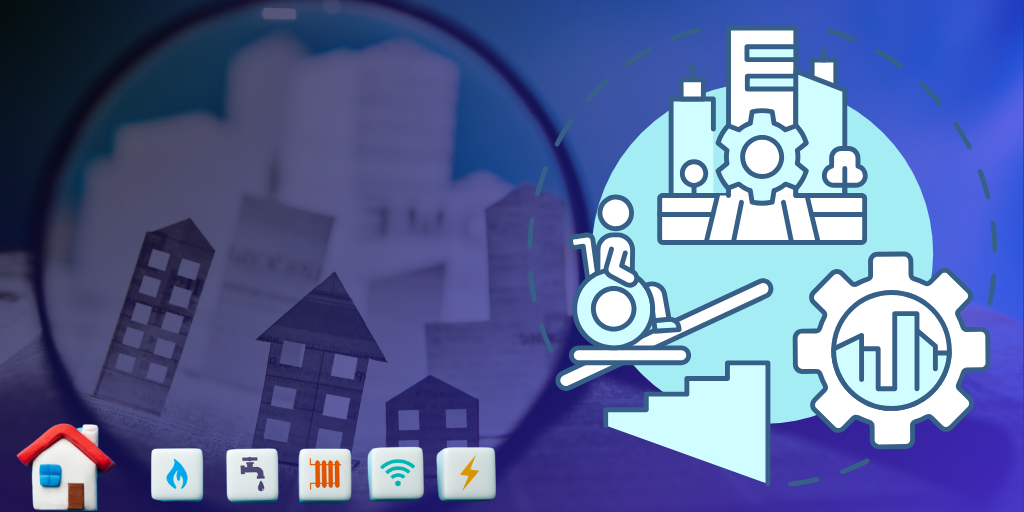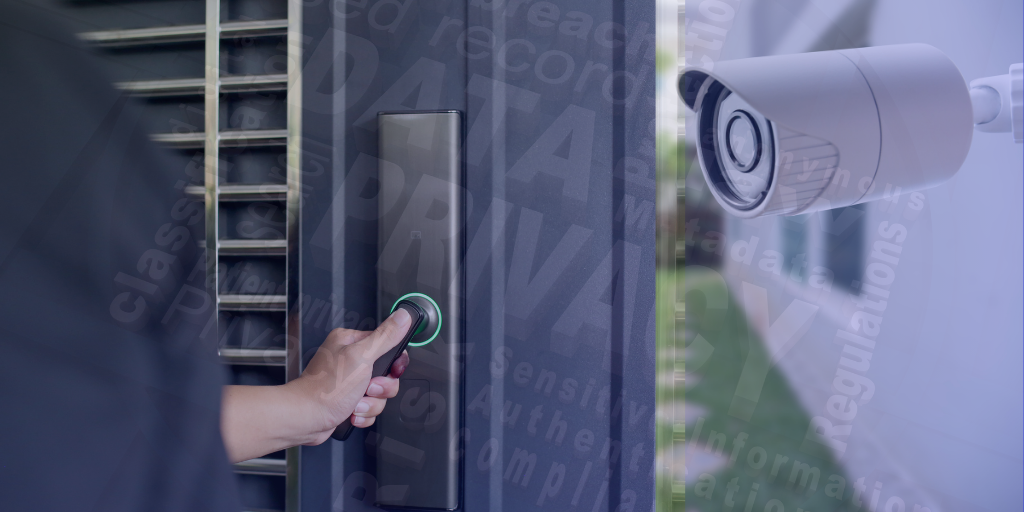As 2024 unfolds, landlords must stay updated with evolving legal trends to manage their rental properties effectively and avoid liability risks. Here are the key legal developments to watch and examples of how they may impact landlords:
1. Stricter Regulations on Tenant Safety and Security
- Trend: Enhanced legal requirements for securing rental properties, such as mandatory surveillance systems or updated fire safety protocols.
- Example: A new state law may require landlords to install smoke detectors in every room of their properties to reduce fire hazards.

2. Growing Emphasis on Environmental Compliance
- Trend: Increasing demand for energy-efficient and eco-friendly rental units, with penalties for non-compliance.
- Example: Local ordinances might mandate energy audits and retrofitting older units with energy-saving windows or insulation.
3. Accessibility Requirements Under Fair Housing Laws
- Trend: Expanded protections for disabled tenants, emphasizing accessibility accommodations in rental units.
- Example: Landlords may be legally required to provide wheelchair ramps or other modifications at their expense if requested by tenants.

4. Liability for Tenant Well-Being in Extreme Weather
- Trend: Legal responsibilities for landlords to ensure tenant safety during natural disasters.
- Example: After a hurricane, landlords may be held liable if they fail to repair roof damage, leading to unsafe living conditions.
5. Digital Privacy Concerns
- Trend: Regulations addressing privacy issues in properties equipped with smart devices like security cameras or smart locks.
- Example: Landlords may face lawsuits if they fail to inform tenants about monitoring devices installed on the property.

6. Increased Accountability for Maintenance Neglect
- Trend: Stricter laws penalizing landlords who delay or neglect maintenance requests.
- Example: Tenants might sue landlords for medical costs if unresolved mold issues cause health problems.
7. Short-Term Rental Restrictions
- Trend: Cities tightening rules on short-term rentals, holding landlords accountable for non-compliance.
- Example: A landlord operating an Airbnb without a proper license could face hefty fines.

8. Tenant Rights in Eviction Processes
- Trend: Laws are evolving to make eviction procedures more tenant-friendly and transparent.
- Example: New regulations may require landlords to provide extended notice periods and mediation options before evictions.
9. Data Protection for Tenant Information
- Trend: Increased scrutiny on how landlords store and manage tenant data due to rising cybersecurity concerns.
- Example: Landlords could be fined for failing to secure tenant application details, such as credit reports or personal IDs, from data breaches.

10. Expansion of Rent Control Policies
- Trend: More jurisdictions adopting rent control measures to address housing affordability.
- Example: Landlords in rent-controlled areas may be prohibited from raising rents beyond a specified limit, even after tenant turnover.
Final Thoughts:
Landlord liability laws are becoming more complex, with greater emphasis on tenant protection and property standards. By staying informed and proactive, landlords can ensure compliance while maintaining positive tenant relationships.

If you're looking for expert guidance on managing your rental property while staying compliant, Rent Easy Nola is here to help.
Reach out to us today! Whether you need assistance with property management, navigating legal requirements, or optimizing your rental processes, Rent Easy Nola is your trusted partner. Let us help you take the hassle out of property management so you can focus on what matters most.
Inquire now and experience stress-free property management!


